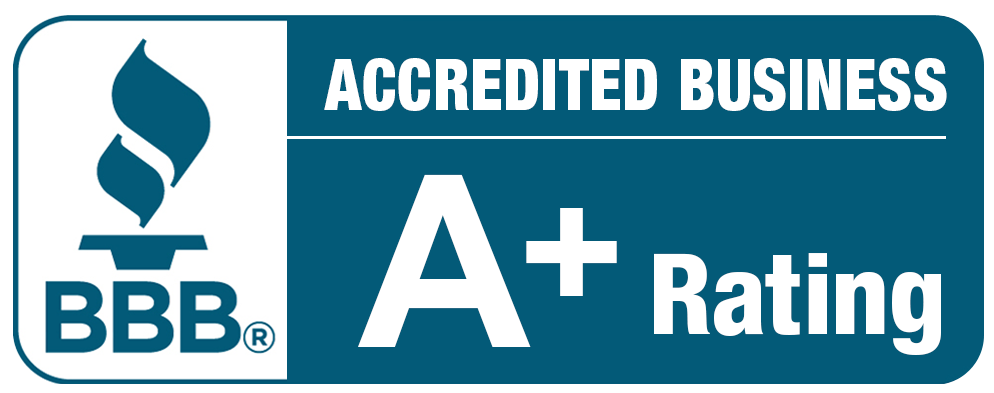Our mission is to empower you with the knowledge and strategies to effectively eliminate the MCA problem using the powerful framework of UCC Article 9. In this comprehensive guide, we delve deep into the strategies and insights that empower creditors and lenders to effectively navigate secured transactions and overcome the challenges posed by the MCA problem.
UCC Article 9 is not just a legal provision; it’s a powerful tool that facilitates lending and borrowing while providing a systematic approach to tackle the MCA problem. By offering a framework for secured transactions involving personal property, this article ensures that creditors can confidently eliminate the MCA problem when borrowers default.
One of the key steps to eliminate the MCA problem is to have a strategic collateral identification process. Under UCC Article 9, a precise description of collateral is essential. This eliminates any confusion or disputes over the assets, ensuring a smooth process when creditors need to recover their dues due to a debtor’s default.
To effectively eliminate the MCA problem, a streamlined perfection process is crucial. By adhering to the filing requirements of UCC Article 9, creditors can perfect their security interest. This step is a game-changer, as it establishes priority and reduces the likelihood of multiple claims over the same collateral.
In the realm of secured transactions, priority is paramount. UCC Article 9 offers a clear set of rules that determine priority among competing creditors. This prioritization strategy not only eliminates the MCA problem but also ensures that creditors are well-positioned to recover their assets in case of default.
Fill the form to request a free Business Debt Consultation Now!
By clicking “Continue” above, I understand and agree to the following terms and conditions:
Leveraging UCC Article 9 to eliminate the MCA problem requires a strategic approach:
Comprehensive Due Diligence: Before engaging in a lending relationship, conduct comprehensive due diligence. This aids in identifying potential MCA problems and tailoring your approach to mitigate them.
Meticulous Collateral Definition: Articulate a meticulous description of collateral in agreements. This prevents confusion and ambiguities, contributing to the efficient elimination of the MCA problem.
Filing Expertise: Master the art of filing the financing statement accurately and timely. This simple step ensures your security interest is perfected, giving you a competitive edge in case of default.
Continuous Monitoring and Adaptation: Keep a watchful eye on the debtor’s financial health. This proactive approach enables you to address any emerging MCA problems promptly.
In the dynamic landscape of secured transactions, mastering UCC Article 9 is the key to eliminating the MCA problem effectively. At National Credit Partners, we equip you with the knowledge and strategies needed to navigate UCC Article 9 with confidence. By understanding the intricacies of collateral identification, perfection, and priority rules, you can establish yourself as a creditor who is well-prepared to tackle the MCA problem head-on. Contact us today and embark on a journey towards secure lending and financial success.
1. What is UCC Article 9 and how does it help with MCA debt?
UCC (Uniform Commercial Code) Article 9 governs secured transactions in the United States. It provides a legal framework for businesses to secure loans and credit by offering personal or business assets as collateral. When dealing with MCA (Merchant Cash Advance) debt, UCC Article 9 allows businesses to pledge assets to secure the funding they receive, making it easier for lenders to recoup their money if the business defaults. It also establishes the procedures for perfecting the security interest, which helps ensure the lender’s priority claim over assets in case of bankruptcy or liquidation.
2. How do I secure collateral under UCC rules?
To secure collateral under UCC rules, a business must create a security agreement that outlines the assets being pledged as collateral. This agreement must be signed by both parties (the borrower and the lender). Additionally, the lender must file a UCC-1 Financing Statement with the appropriate state agency, which serves as public notice of their claim on the collateral. This filing “perfects” the lender’s interest, ensuring they have legal rights to the collateral in case the business defaults or enters bankruptcy.
3. Can UCC Article 9 protect my business from MCA lenders?
While UCC Article 9 doesn’t directly protect your business from MCA lenders, it does offer some legal safeguards when it comes to securing your assets. If you are faced with debt or a possible default from an MCA lender, the UCC framework can help you negotiate or potentially restructure your debt. By understanding the rules of secured transactions under UCC Article 9, you can ensure that any asset pledged as collateral is properly protected, which may give you leverage in dealing with debt recovery actions or lawsuits from MCA lenders.
If you are one of the many thousands of companies struggling with high interest business loans, call us today for a free consultation. Just taking the first step in talking to an expert can start relieving stress. And once you talk to a debt help specialist, you will see that there is hope.

An A+ rating represents BBB's high degree of confidence that the business is operating in a trustworthy manner and will make a good faith effort to resolve any customer concerns filed with the BBB.

Monday-Friday: 8:00am – 5:00pm PST
Saturday-Sunday: Closed
Chat with an expert to learn more about our strategies to help you find debt relief.